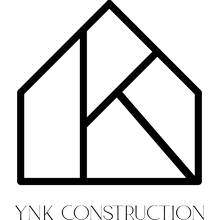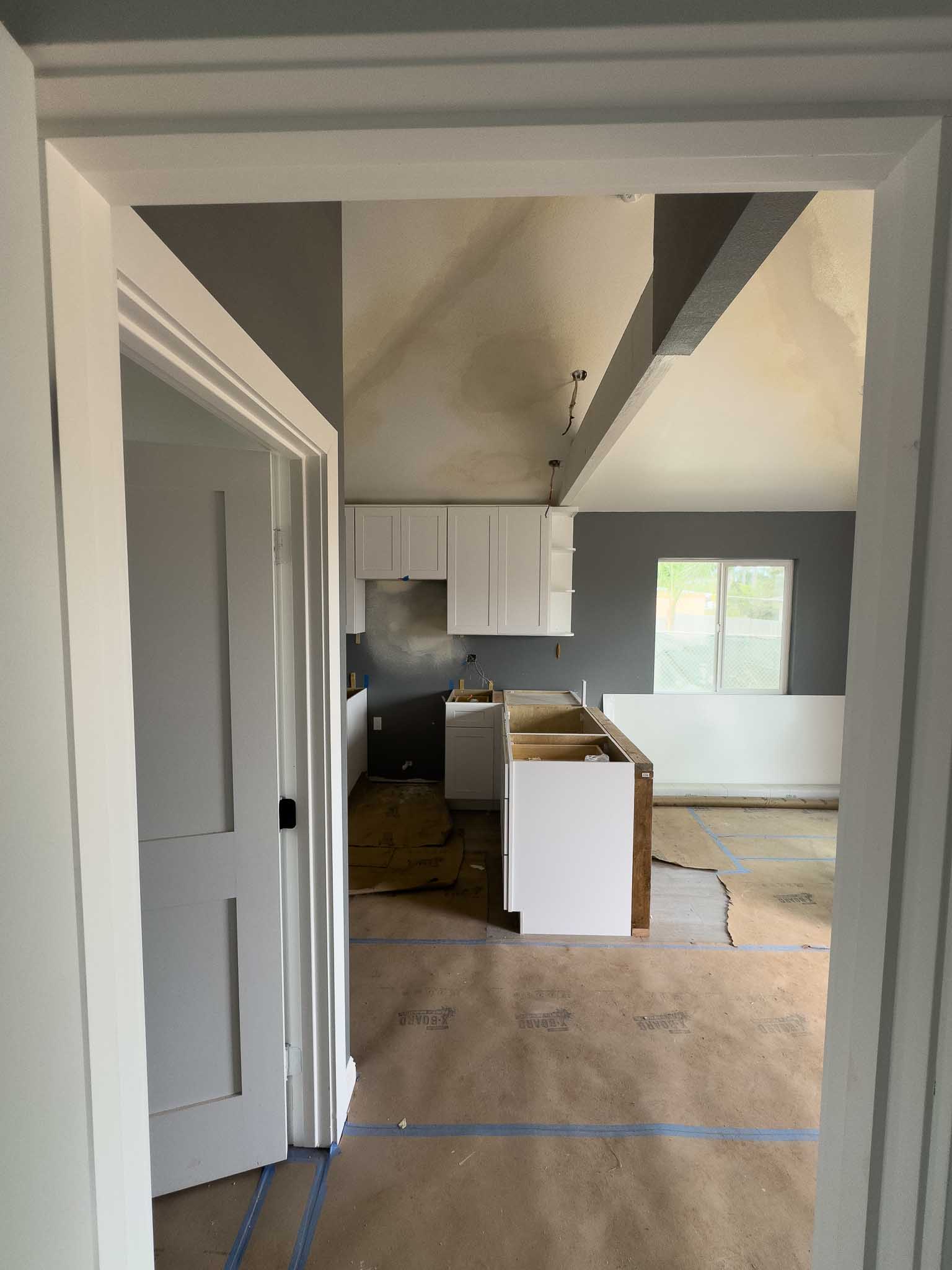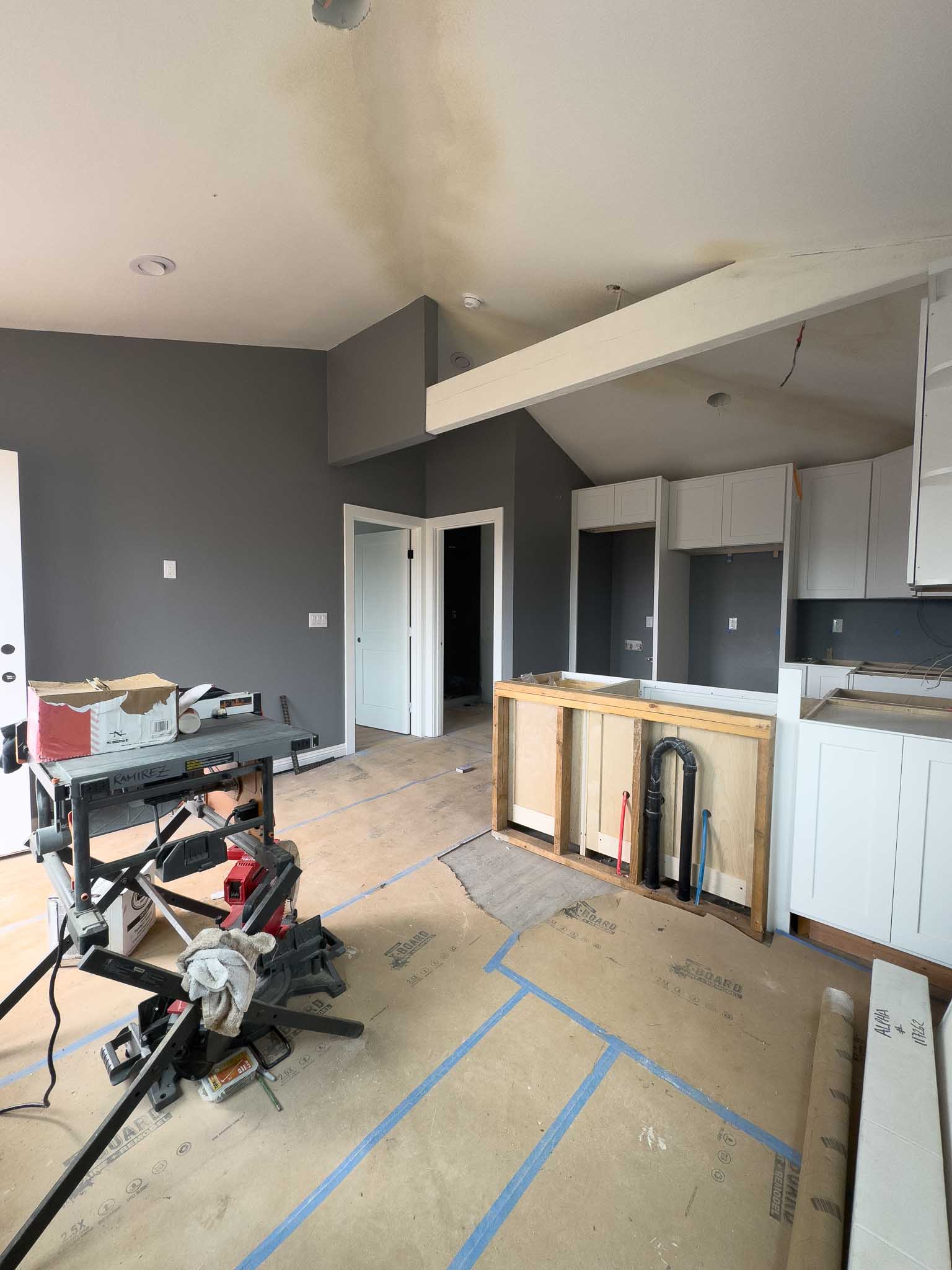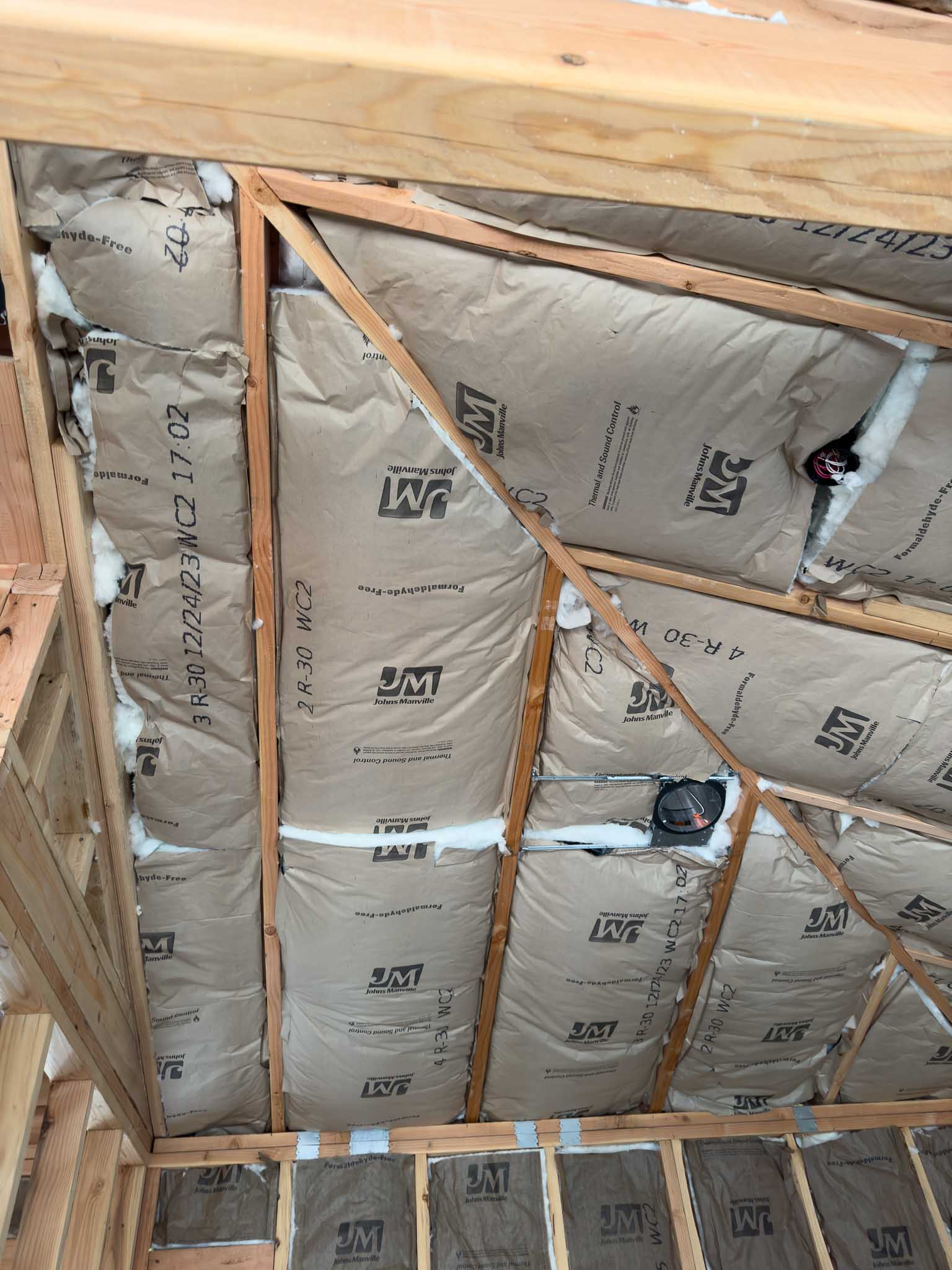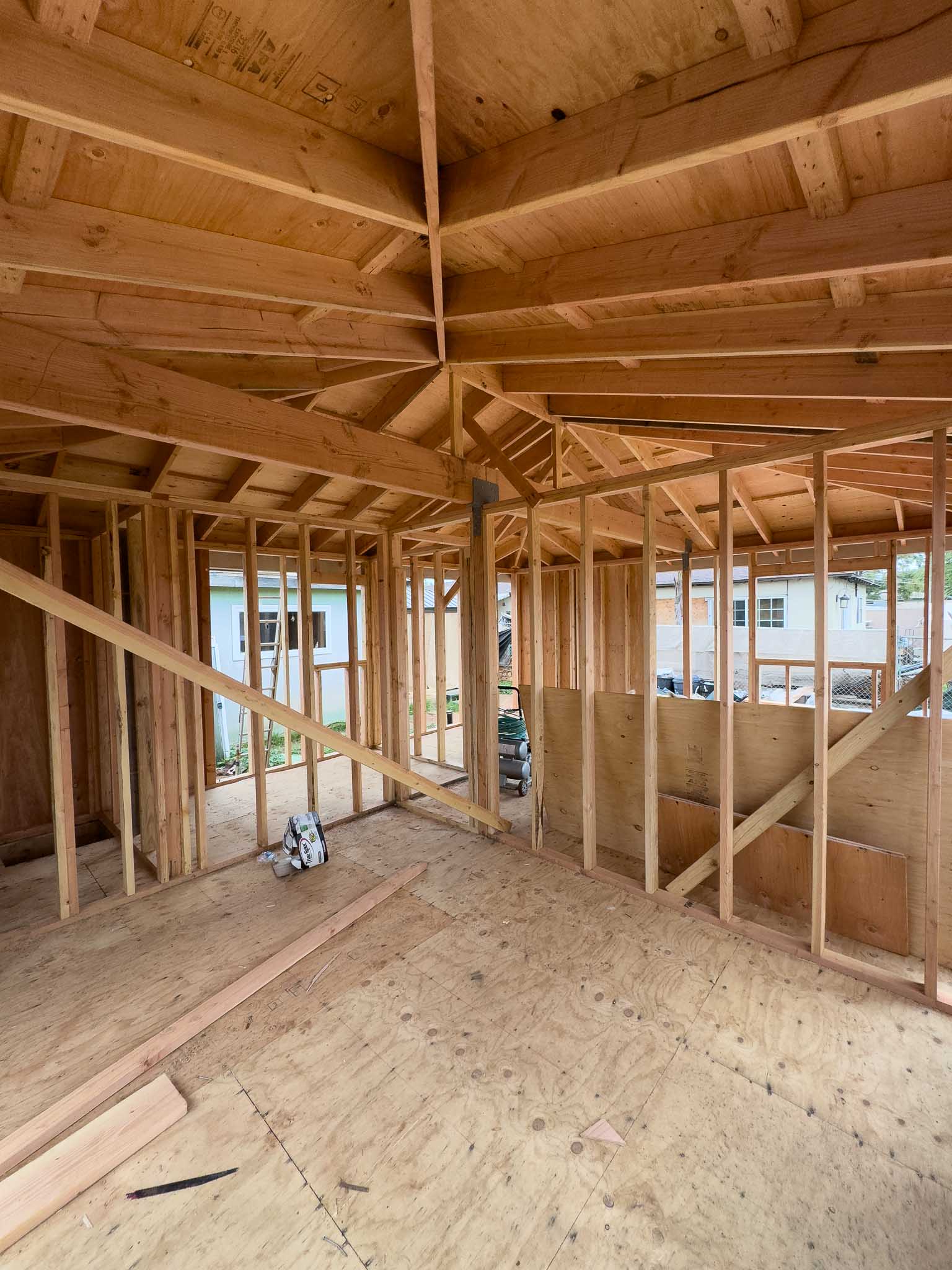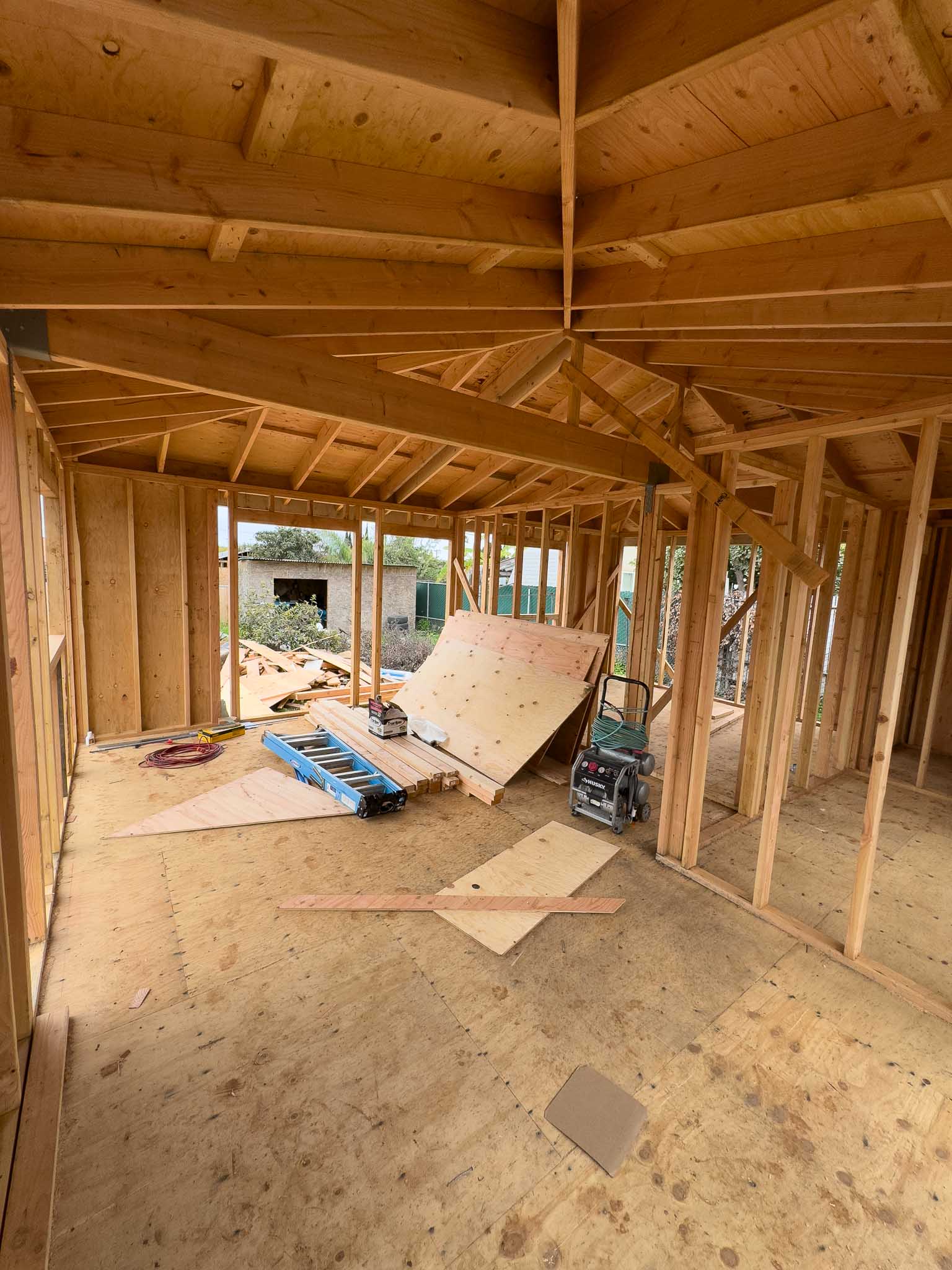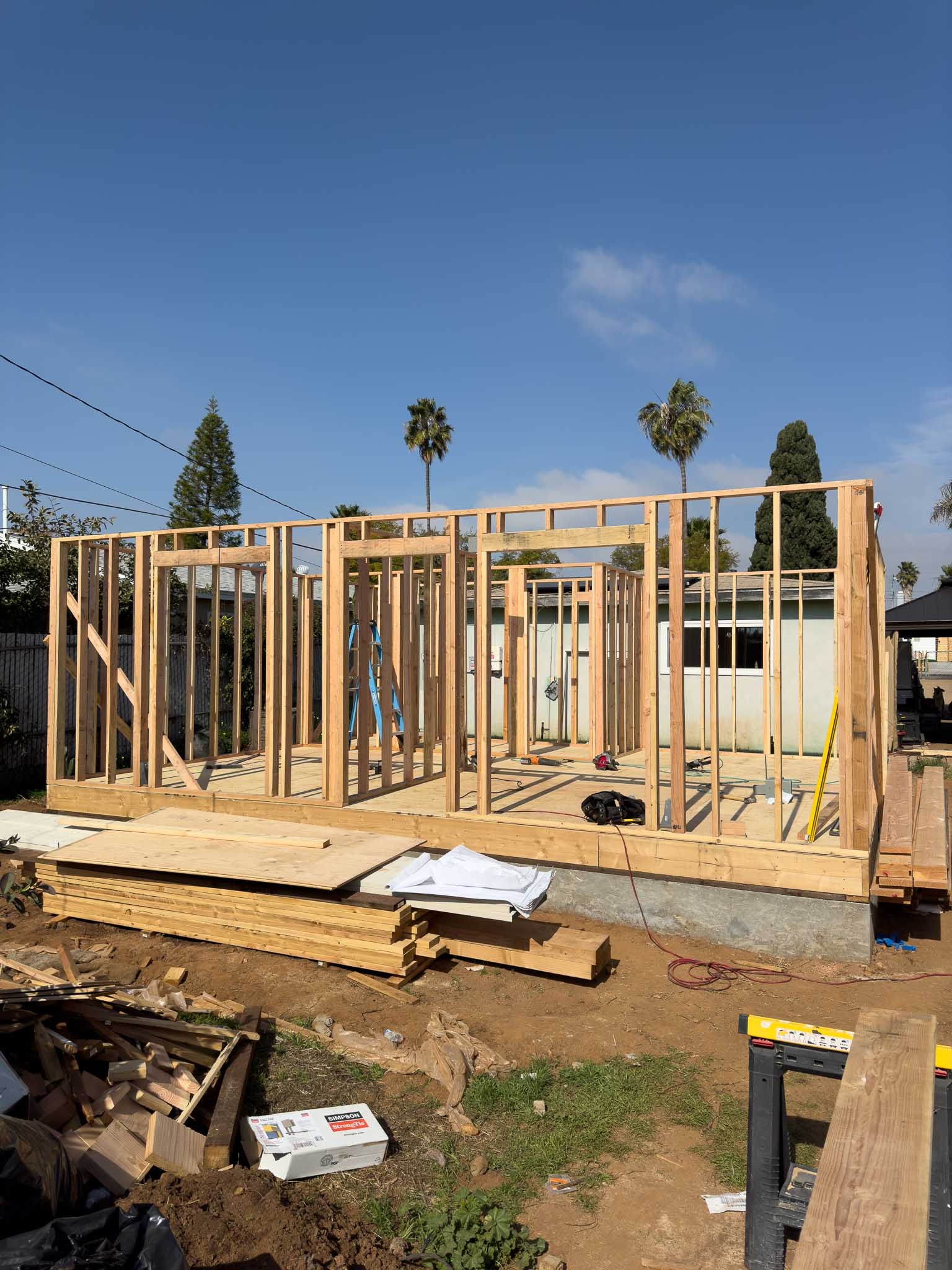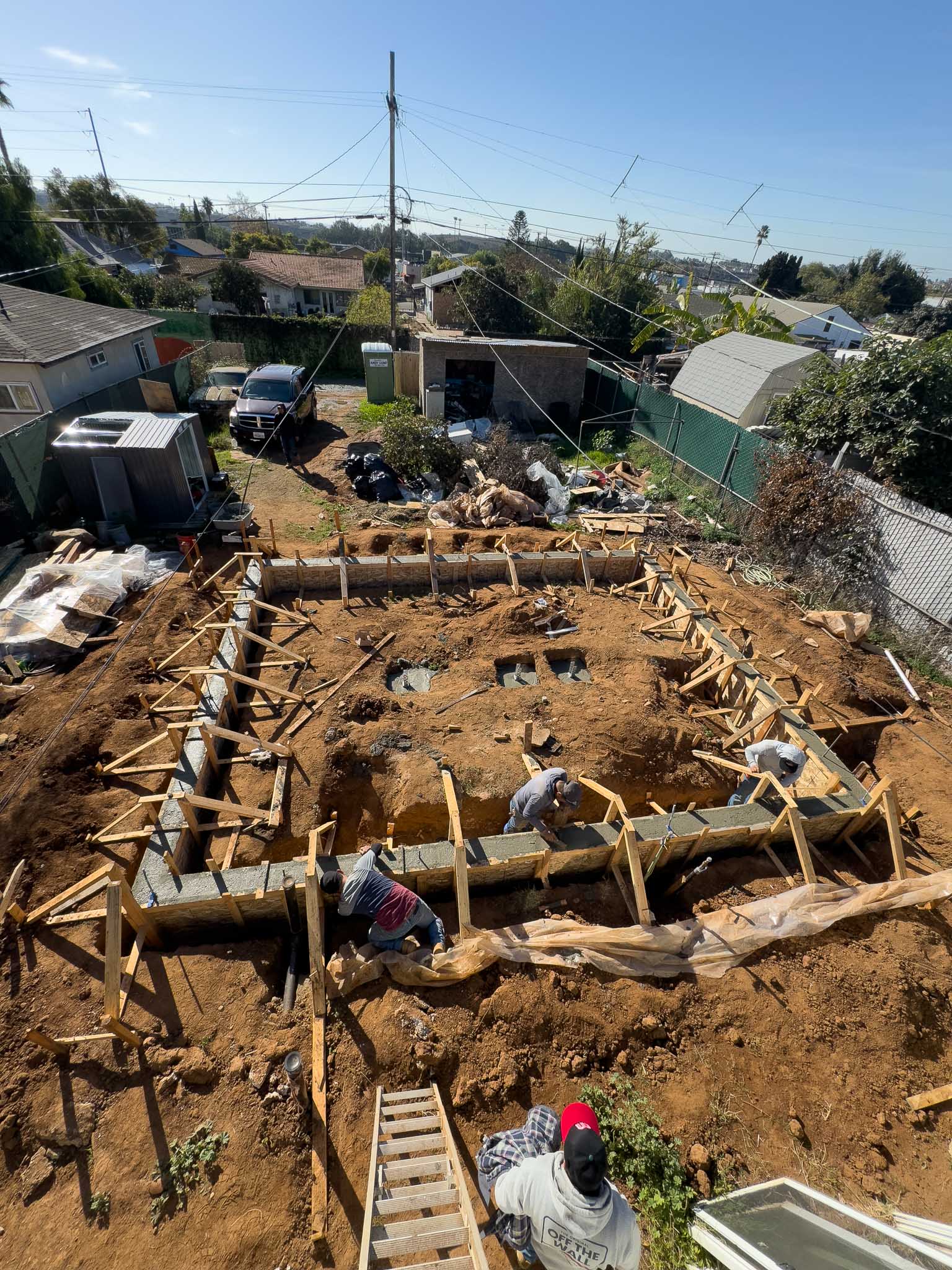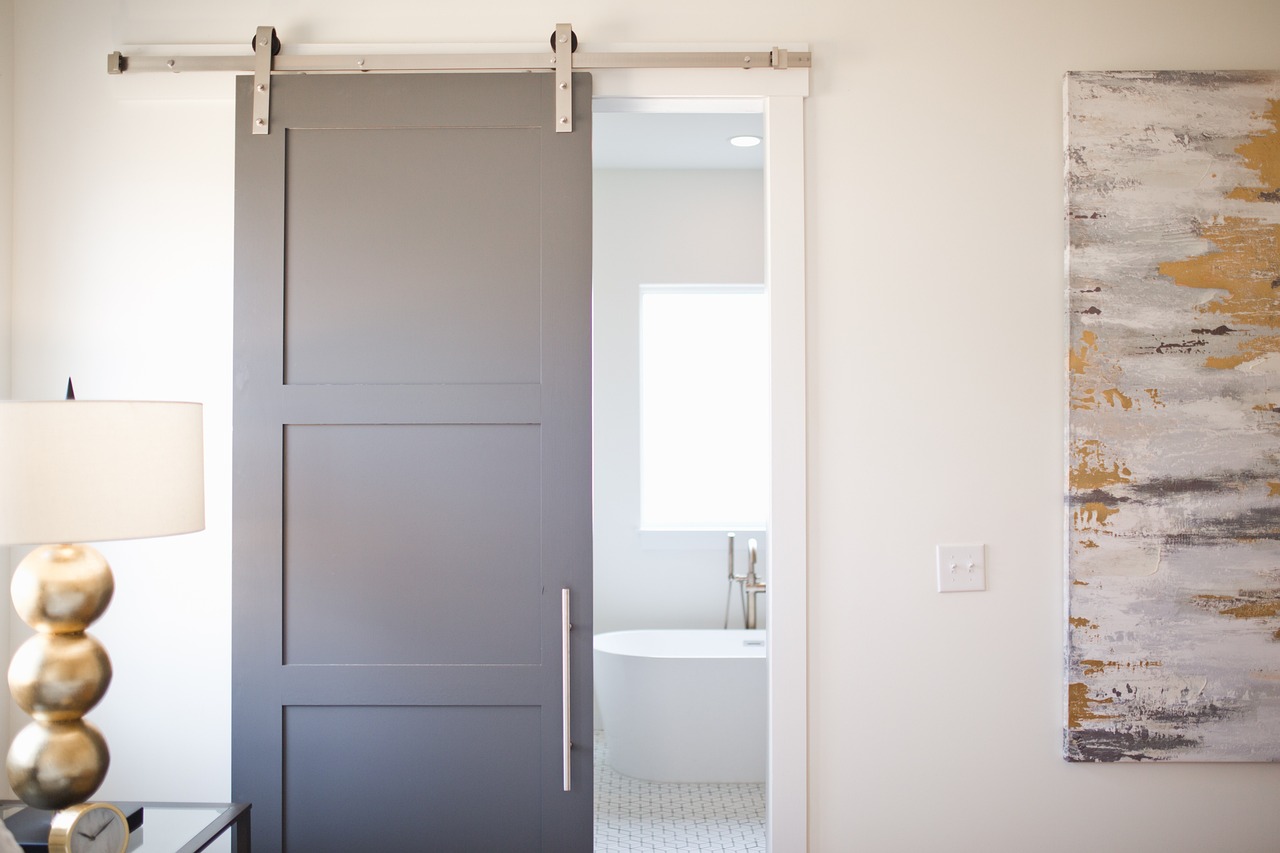House Renovation Contractor 101: How to Find a Reliable Contractor
Hiring a house renovation contractor you don’t know to work on your home is not like deciding which restaurant you want to go to or your anniversary. A bad decision can affect you and your family’s future. After your health, usually the place you call your home is the most expensive thing you will ever buy, and that’s exactly why we decided to write this article. Our goal is to equip you with the right tools and give you the best information we can so that you are better prepared to start your renovation journey on the right track.
Table Of Content
Do I Even Need a House Renovation Contractor for My Remodeling Project?
One of the first questions you might be thinking of is whether you need to team up with a contractor to begin with. To answer this, simply ask yourself one question:
- Do I have the skills/tools/capacity/desire to spend the time & effort it will take to finish the project by myself?
If the answer is No, then your only way to accomplish your project’s aspirations is to hire a contractor (no brainer). If the answer is Yes on the other hand, you can either pursue the project on your own, but before you do, lets review why it may be wise to consider the alternative approach and go with a professional contractor instead.
Technical Skills
When planning a home renovation, the technical complexity of the project often requires professional expertise. A licensed general contractor brings the technical skills to handle intricate tasks like structural modifications, electrical and plumbing work, and code compliance. Attempting these tasks without the necessary expertise can lead to safety hazards and costly mistakes. For instance, improper installation of electrical systems can result in fires, while structural errors can compromise the integrity of your home.
Pro Tip: if the project is “cosmetic” (cabinetry related for example), it’s more recommended to pursue on your own vs projects that involve specialty trades – especially if plumbing/electrical or any structural work is involved. No everything can be learned from a few videos on youtube, and decades of experience in this fields can make a huge difference in the outcome.
Project Management
Beyond technical skills, a professional contractor excels in project management. They coordinate various aspects of the renovation, from scheduling subcontractors to ensuring timely delivery of materials. This oversight ensures that the project stays on track and within budget. Contractors also handle unexpected issues that arise during the renovation process, providing solutions that keep the project moving forward. Their ability to manage time, resources, and personnel efficiently is crucial for the successful completion of any renovation.
Connections in the Industry
Established contractors have extensive connections within the industry, which can be highly beneficial for your project. They often have long-standing relationships with suppliers, allowing them to procure materials at lower costs. Additionally, their network includes skilled subcontractors, such as electricians, plumbers, and carpenters, who are reliable and proficient in their trades. These connections ensure that your renovation project is handled by experienced professionals, enhancing the overall quality of the work.
Peace of Mind
Hiring a professional contractor provides peace of mind (if you do your due diligence and choose a contractor the fits your needs), knowing that your renovation project is in capable hands. Contractors are familiar with local building codes and regulations, ensuring that all work complies with legal requirements. They also carry insurance, protecting you from liability in case of accidents or damages during the renovation. Moreover, professional contractors offer warranties on their work, giving you assurance that any issues will be addressed promptly. This peace of mind allows you to focus on other aspects of your life while the renovation is underway.
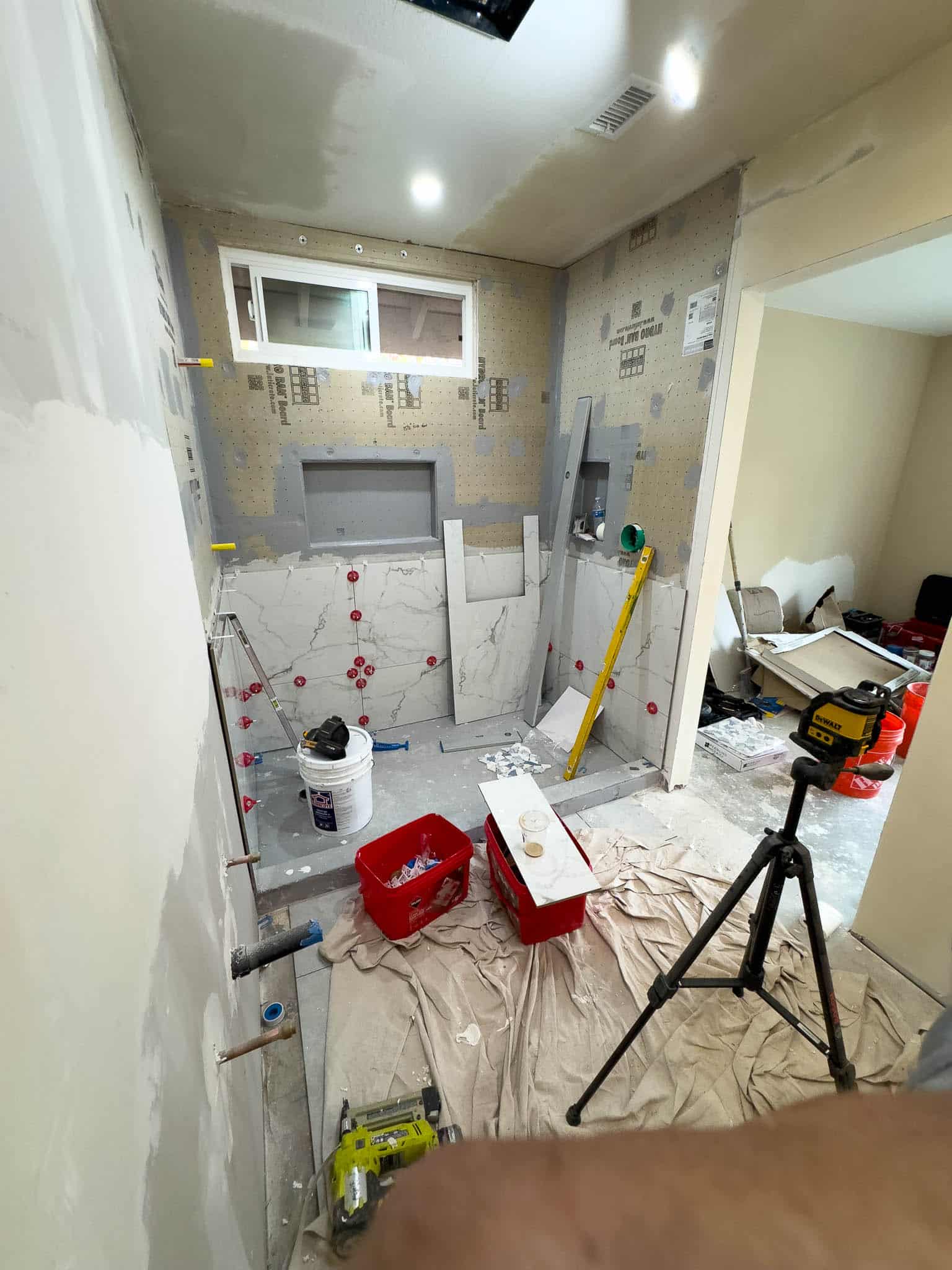
What Kind of Contractor Should I Look For?
If you’ve decided that hiring a house renovation contractor is the right way to go, now you need to understand which contractor is best suited for your project. Often times home owners get proposal from the wrong contractors which affects both the quality of the work and sometimes absurd prices (hiring specialty contractor for a project a general contractor should handle and vice versa). There are two different types of contractors you could work with:
General Contractor/House Renovation Contractor/Home Remodeler
A general contractor oversees all aspects of a remodeling project, coordinating various trades and ensuring that the work is completed to code. They handle everything from obtaining permits to managing subcontractors and scheduling inspections. General contractors are ideal for large-scale renovations involving multiple facets, such as kitchen remodels, room additions, or full home renovations. They provide a single point of contact, streamlining communication and project management.
Pro Tip: Some smaller scale projects still require a general contractor (too big for a handy man but too small for a new home builder/construction company). As a rule of thumb, if the project requires two unrelated specialty contractors to complete, a general contractor will be able to work on it.
Example: Installing 6 new recessed lights in the living room & installing a new exterior door to the backyard. This project requires electrical & drywall/paint for the 1st half of the project, and demolition, framing, stucco patching, drywall & paint for the 2nd half of the project (more than two unrelated trades are involved in completing the project – therefor a general contractor can bid and work on it).
Specialty Contractor
Specialty contractors focus on specific areas of a home renovation, such as electrical work, plumbing, or roofing. They possess specialized knowledge and skills & licenses in their respective fields, making them ideal for projects that require expert attention in a particular area. For example, if you are upgrading your electrical system or installing new plumbing, a specialty contractor would be the best choice. They ensure that the work is performed to the highest standards, adhering to industry regulations and safety protocols.
Design and Build Contractor vs Traditional General Contractor
“But you said there are only two different types of contractors”. This is generally true, yet there is one sub-category that deserve a mention of its own – The “Design and Build General Contractors”. These types of General Contractors or Remodeling Companies offer a comprehensive service, managing both the design and construction phases of a project. This integrated approach ensures seamless communication and coordination between the design and construction teams, often leading to more efficient project timelines and cost savings. Design and build firms are ideal for homeowners who want a streamlined process with a single point of responsibility.
The difference with traditional general contractors is the typically manage only the construction phase. Homeowners need to hire separate designers or architects for the planning stage. While this approach allows for more flexibility in choosing design professionals, it can result in communication challenges and potential delays as the project transitions from design to construction.
Is it better to work with a Design and Build company or separate the two?
As always, it depends. Like most big decisions when approaching a major project, taking the right one can make or break the whole experience, especially one that sets the tone for the entire project. We recommend a very simple formula to go by when making this decision:
Step 1 – Research
Talk to at least 3 reputable contractors in your area that offer design & build services. Tell them more or less what you are trying to accomplish with your project and ask them how they approach the design-build process if you were to go with them (will they charge you for design work separately from the build?, who is going to be doing the design from their firm? Who will be your main point of contact? What is the timeline for each phase?)
Then talk to 3 reputable architects/draftsman to get the same information from them, only focusing on the designing part.
Step 2 – Narrowing down the playing field
Once you have done that, you should have a pretty good sense of each step of the process, some rough numbers regarding the costs associated and a general feel for at least a couple of them as for who fits you best so far (how they communicated, availability, transparency – are just some of the factors that you should be looking for).
Reach out to each of your top candidates and ask them to make an official proposal for what you have discussed so far (if you still don’t have one from them). If you need some additional reassurance, ask them for at least 1 or 2 references to past clients that they worked with.
By going through the steps, you minimize your risks of hiring the wrong fit for you, thus saving you a lot of time and money down the road.
Pro Tip: Always look for clues as far as transparency goes. Not disclosing prices or at least being willing to discuss different price points is always a big red flag.
The 4 Most Important Things to Look for in a House Renovation Contractor in San Diego
Before actually making the decision of who to hire as your house renovation contractor, we wanted to give you our top 4 things to look for in a contractor that will help you feel more comfortable with your decision.
Titles Don’t Mean Anything
A contractor’s title does not necessarily reflect their competence or reliability. There are companies that tend to over-sell themselves by adding “design and build” in they’re company name, but fail to deliver that level of service. Instead of focusing on titles, assess their experience, portfolio, and customer reviews. Verify their credentials and ensure they have a solid track record in handling similar projects.
Transparency
Transparency is crucial in any renovation project. A reliable contractor will provide a detailed, written estimate that outlines the scope of work, materials, costs, and timelines. They should be upfront about any potential challenges and maintain open communication throughout the project.
Track Record & References
Examine the contractor’s track record and references by reviewing their past projects and speaking with previous clients. Look for consistency in quality, adherence to timelines, and the ability to stay within budget. A contractor with a proven history of successful renovations is more likely to deliver satisfactory results.
“Gut Feeling”
Trust your instincts when selecting a contractor. If something feels off during initial meetings, it may be a sign of potential issues down the line. Choose a contractor who makes you feel comfortable, listens to your concerns, and communicates effectively.
10 Questions to Ask a Potential House Renovation Contractor Before Deciding to Hire Them for Your Renovation Project
1. Are You Licensed and Insured?
Ensure the contractor holds the necessary licenses and insurance to perform the work. Licensing verifies their qualifications, while insurance protects you from liability in case of accidents.
2. How Many Jobs Like This Have You Done?
Experience with similar projects is crucial. A contractor familiar with your specific type of renovation is more likely to anticipate challenges and deliver quality results.
3. What Happens If You Encounter “Unexpected Obstacles” and We Exceed the Agreed Budget?
Discuss the process for handling unexpected issues and budget overruns. A clear plan for addressing these situations will prevent misunderstandings and financial strain. Not every possible issue can be anticipated, especially when working on an existing home (unlike new construction projects where most issues can be foreseen in advance), but having a clear line of communication about things that could require a change order in advance help both the contractor and the homeowner avoid uncomfortable situations down the road.
4. How Will Change Orders Be Addressed?
Clarify the procedure for making changes to the project after work has begun. Understanding the contractor’s change order process ensures that modifications are managed efficiently and transparently.
5. What Kind of Warranty Is There on the Job?
Inquire about warranties for both workmanship and materials. A warranty provides assurance that the contractor stands behind their work and will address any defects or issues that arise. For most materials, especially if purchased directly by the homeowner (like appliances for example) you get extended warranties from the manufacturer.
6. How Do We Resolve Any Conflicts If They Arise?
Establish a conflict resolution process to address disputes that may occur during the project. Knowing how conflicts will be managed helps maintain a positive working relationship. For majority of remodeling projects there will be a section in the work agreement for “arbitration” – which simply means in case of a dispute, both parties can resolve the dispute via an arbitrator, typically one that is unbiased and provided by the state’s contractors licensing board.
7. How Long Should the Project Take?
Get a realistic estimate of the project timeline. Ensure that the contractor can meet any deadlines you have, such as completion before a significant event or holiday. Take time to discuss any specific timeline constraints you may have as a homeowner (someone moving in for example), which help the contractor plan accordingly or even postpone the project if they see the requested deadline is unlikely to be met.
8. What Does a Typical Workday Look Like?
Understand the contractor’s work schedule, including start and end times. This information helps you plan your daily routine around the renovation activities. For larger scale project such as complete house remodel or room additions that require a substantial amount of various trades people and different crews, you can expect a more flexible schedule vs a more or less similar daily schedule like a 9-5 work day 5 days a week.
9. How Often Will I Be Required to Make Payments?
Review the payment schedule and terms. Knowing when and how much you need to pay helps you manage your finances throughout the project.
10. How Will the Communication Work Throughout the Project?
Discuss the preferred methods and frequency of communication. Regular updates and clear communication channels are essential for a smooth renovation process.
Where to Find a House Renovation Contractor
So far we discussed how to identify a good fitting contractor for your project. but where do you actually find one? Let’s look into some of the most common options where you can find the right house renovation contractor
References
Reach out to your close circle (friends, family, or neighbors). If they own a home and live in your area it is highly likely they already have experience with hiring contractors to work on their home or went through similar projects before. They will provide firsthand insights into the contractor’s reliability and quality of work.
Online Search Engines (Google/Instagram)
Online searches can help you find local contractors and read reviews from past clients. Look for contractors with high ratings and positive feedback on platforms like Google Reviews and Yelp, or vibrant social media accounts on instagram and Facebook (where you can usually see a portfolio of project and frequent updates from the company).
Traditional Advertisements
Advertisements in local newspapers, magazines, and community bulletin boards can also be a source of information. However, always verify the credentials and reputation of contractors found through ads.
FAQs About Hiring General Contractors in San Diego
How Much Does a House Renovation Contractor Cost to Renovate a House?
The cost varies based on the scope of the project, materials used, and the contractor’s experience. On average, expect to pay between $70 to $170 per square foot if remodeling a house completely (new windows, new flooring, updated electrical and plumbing systems, bathroom remodel, kitchen remodel). Get multiple quotes to compare prices and services.
How Much Should I Pay in Advance for a Renovation?
Typically, you should not pay more than 10-15% of the total project cost upfront. In fact, in the state of California, the maximum amount the initial payment (downpayment) a contractor can ask for is 10% of the value of the project or $1,000, which ever comes first (for a $50,000 project, the downpayment in such case will be $1,000, where as for a $5,000 project the downpayment will only be $500. This initial payment is usually to secure a project for a contractors schedule and to cover any misc expenses such as portable toilet or dumpster rental for start day.
Pro Tip: Avoid paying large sums before significant work has been completed. Contractors that ask for half of the project in advance are usually up to no good.
Additional information: Construction Project Check List
How Do Contractors Renovate Houses with Furniture?
Contractors often recommend moving furniture and personal belongings to storage to protect them from dust and damage. They may also use protective coverings and create barriers to minimize disruption and safeguard your possessions.
How to Choose a Contractor for Home Renovation?
Choose a house renovation contractor based on their experience, track record, references, and your personal comfort level with them. Ensure they are licensed, insured, and transparent about their process and pricing.
By following these guidelines, you can find a reliable contractor who will deliver a high-quality renovation, ensuring your home improvement project is a success. If you’re still unsure or have more questions, feel free to contact us and we will be happy to answer any questions about your project.
Fill Out The Contact Form
Get Started Today, and one of our team members will contact you. We can’t wait for you to become part of our growing family.
